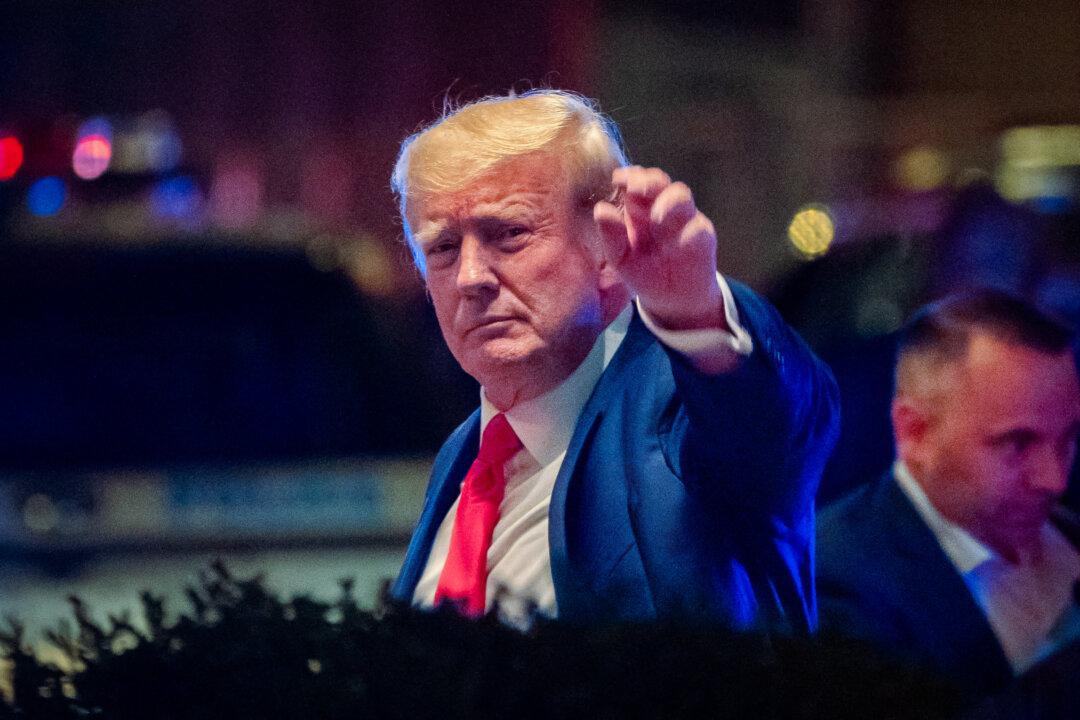Former President Donald Trump confirmed that he will be in court when a federal appeals court on Tuesday considers whether to decide if he is immune from criminal prosecution relating to his federal election case.
In a post on his Truth Social platform early Monday morning, the former president wrote: “I will be attending ... the federal appeals court arguments on presidential immunity in Washington, D.C., on Tuesday,” adding that he was “entitled ... to immunity” when he was president.





